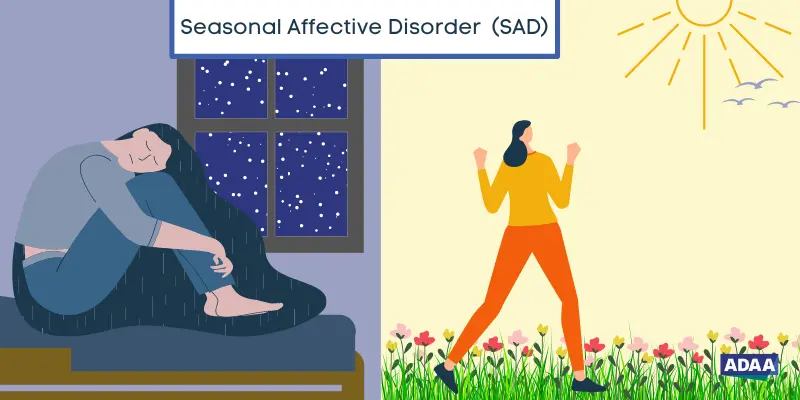Combating the Winter Blues
- Charter Oak Family Center Intern
- Oct 13, 2024
- 2 min read
As the days get shorter and the air gets colder, many people start to feel a noticeable dip in their mood. This change, often referred to as seasonal depression or Seasonal Affective Disorder (SAD), can make everyday life feel heavier. It’s more than just the “winter blues”—it’s a type of depression that typically occurs in the fall and winter months due to the lack of sunlight and the shift in our daily rhythms. It can make you feel tired, less motivated, and generally out of it. You might also experience changes in your sleep patterns, appetite, and energy levels. As a college student, I understand balancing classes, work, and social life can make this time of year even harder to manage. But don’t worry, If you’re struggling with seasonal depression, you’re not alone. Here are some ways to cope with it and make the colder months more manageable:
1. Get as Much Natural Light as Possible
Since SAD is often triggered by a lack of sunlight, finding ways to expose yourself to more natural light can help. During the brightest hours of the day, try to spend some time outside, open your blinds, or sit close to windows. Walking for even ten minutes can have a significant impact.
2. Stay Active
Exercise might be the last thing you feel like doing when feeling down, the hormones that exercise releases can make you feel better. Walking or even simple stretches can be helpful forms of exercise. Try some yoga or indoor exercises if going outside is too difficult.
3. Stick to a Routine
When your energy is low, it’s tempting to let routines slide. But maintaining a regular sleep schedule, eating healthy meals, and creating a consistent routine also gives you a sense of control, which can be empowering.
4. Try Light Therapy
Light therapy involves sitting near a light box that mimics natural sunlight. It’s a proven way to help alleviate symptoms of SAD. You can use it for about 20-30 minutes each morning to start your day with an extra light boost.
5. Talk to Someone
Sometimes, talking about how you’re feeling can make a huge difference. Whether it’s with a friend, family member, or therapist, opening up about your struggles can help you feel supported. If your symptoms become too overwhelming, it’s important to seek professional help.
6. Stay Connected
It’s easy to isolate yourself when you’re feeling down, but social interaction is key to fighting off depression. Make plans with friends, attend a support group, or even call a loved one. Surrounding yourself with supportive people can help lift your spirits.
Seasonal depression can be tough to handle, but with a little effort, you can keep it from negatively affecting your life. You aren't alone so get outside, stay active, and reach out for help when needed, you can get through the winter months feeling more like yourself.
Remember, it's okay to have tough days, but don’t let them define your entire season. Stay strong and take it one day at a time!
You’ve got this.






Comments